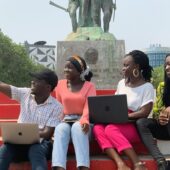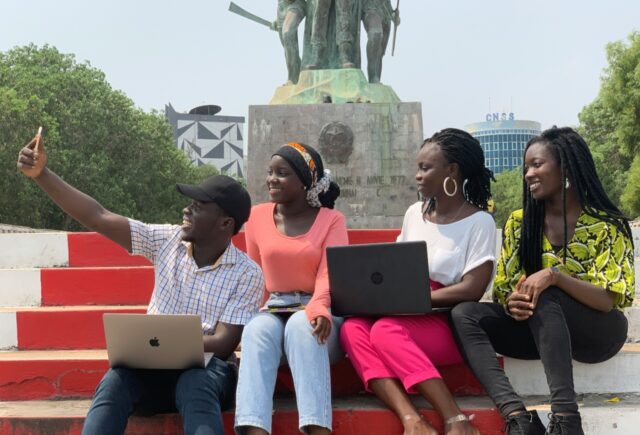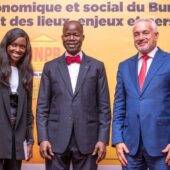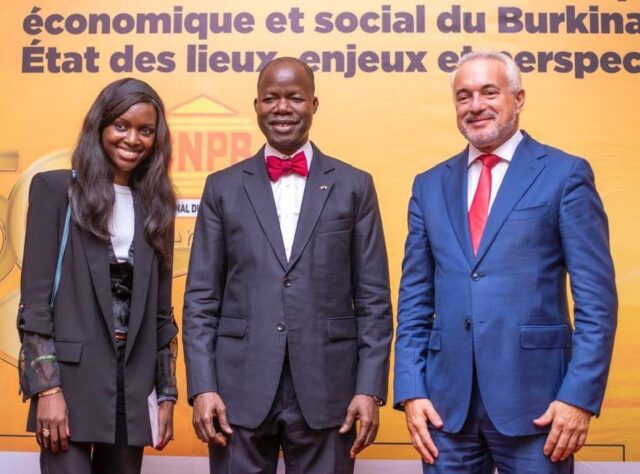Johan Brand, co-founder of We Are Human, talks about the company’s unconventional business model that is driving societal impact through education, health and climate tech.
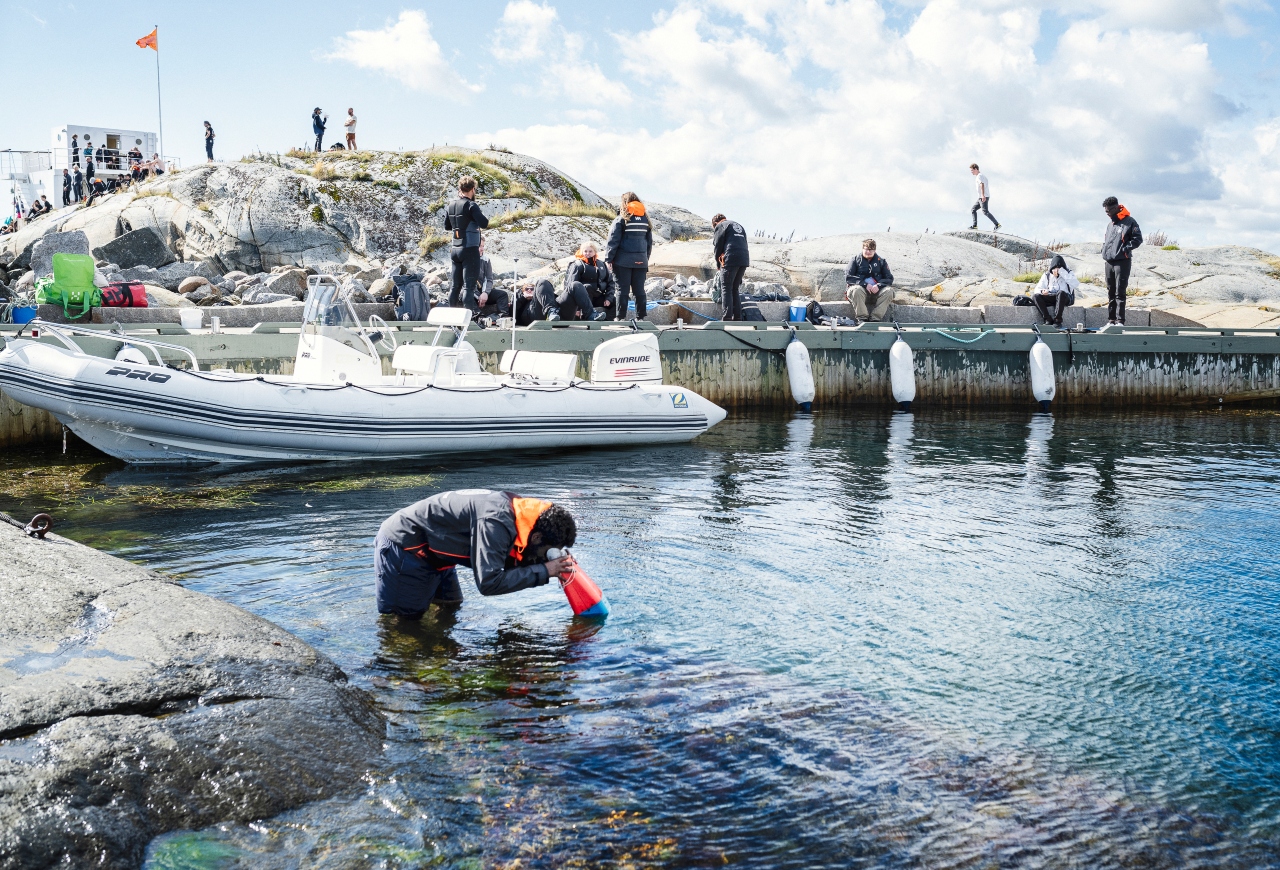
Applying a straightforward definition to We Are Human is difficult. The company, which was set up by co-founders Johan Brand and Jamie Brooker in 2010 and is headquartered in both London and Oslo, doesn’t fit neatly into any one box.
Over the years, the firm has built and launched successful companies, such as edtech platform Kahoot!, invested across a wide range of start-ups, as well as supported and advocated for a number of community-driven initiatives and movements.
Brand and Brooker left Kahoot! in 2017, albeit remained as advisers to the board for several more years, but the philosophy behind We Are Human’s involvement in the development of the platform continues to be applied to each one of its ventures, namely the desire to solve a societal issue.
In the case of Kahoot!, the team were motivated by the opportunity to build more inclusive ways of learning, bringing the people hiding in the back of the classroom and struggling with conventional learning methods, to the fore.
Brand, who led on building the pedagogy for the platform, says this included neurodivergent people and those struggling with diagnosed learning and developmental difficulties. As someone who identifies as being neurodiverse and who also struggled with dyslexia as a child, he believes this gave him a unique perspective.
“I have always had an interest in human behaviour driven by my own experience of being told I would not succeed and determination to prove everyone wrong,” Brand tells Impact Investor. He says that he understood, early on, that social learning was one of the strongest components driving societal changes. Those changes took time, however.
“But what if there was a way to quickly reprogramme the classroom to drive collective motivation and include everyone, not just those kids who are book smart? This is what we did with Kahoot! and we apply these values to all our other investments,” he adds.
Goldman Sachs cash offer
We Are Human began as a consultancy helping startups as well as well-known brands to design and launch new services in the areas of health and education. Then in 2011, the founders got together with fellow entrepreneur Morten Versvik and the Norwegian University of Science and Technology to collaborate on a project exploring the role of play and mobile phones in social gatherings, business and education.
This project set the wheels in motion for the launch of Kahoot!, the game-based edtech platform that is available today in 17 languages and in July agreed to a $1.72bn (€1.61bn) cash offer by Goldman Sachs Asset Management, General Atlantic and other co-investors to take it fully private.
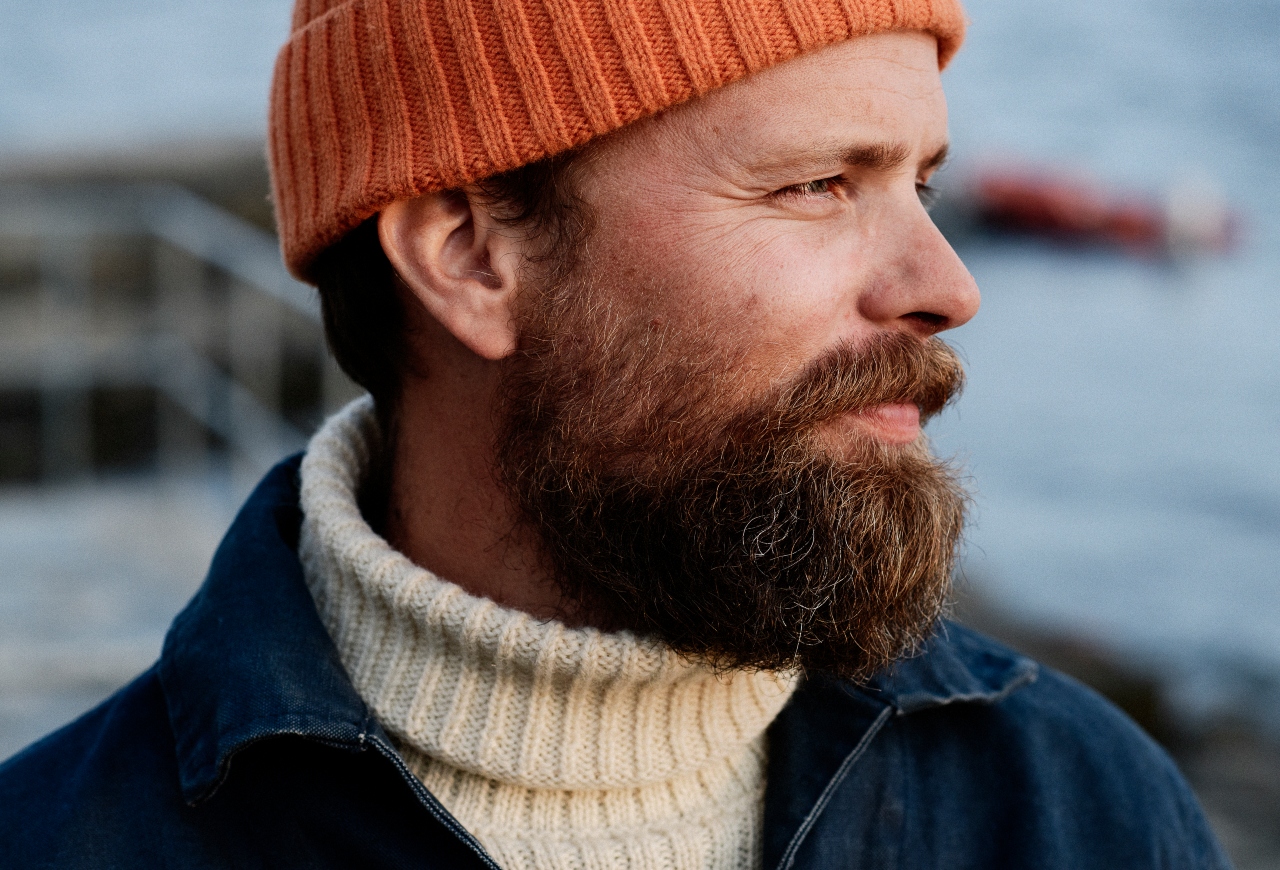
Investment portfolio
We Are Human has also built an extensive investment portfolio of what it calls ‘values-based startups’, including impact investments, which it invests in through several investment vehicles including through its We Are Human (WAH!) Ventures I and II and the We Are Human (WAH!) Nordics company structure.
The company has also made investments through a range of external funds, including funds managed by impact investors such as Norselab, Katapult and Unconventional Ventures. More recently, it partnered with 2050, an evergreen Article 9 fund, which it is supporting on a project linked to the company’s alignment methodology, which seeks to influence a new economy aligned with the best interests of people, society and the planet.
“The purpose is to finance open and strategic resources for companies, helping them lead the transformation of their ecosystems by aligning their interests with the needs of society, the planet, and future generations,” says Brand.
Through its fund investments the company has extended its reach beyond health and edtech into oceantech, biotech and even journalism. Investments include companies such as Brim Explorer (WAH! Ventures I), a maritime company offering silent, sustainable and innovative experiences at sea in Norway, and NoMy (WAH! Ventures II), a company developing alternative proteins from mycelium for both human consumption and the aquaculture sector.
It also consciously invests in companies that have the potential to support its own ventures such as Paebbl, which has developed a technology to re-store captured carbon into industrial raw materials. Brand says Paebbl could provide the carbon negative building materials needed for the Campus Ocean project We Are Human is working on, detailed later in this article.
“It is important to note that one of our investment strategies, which distinguishes us as an investment firm rather than a VC, is that we invest our own money into companies that provide products or solutions needed for our own businesses,” says Brand.
Return on learning
We Are Human’s strategic focus on generating what it calls a ‘return on learning’, extends beyond the companies it invests in or the impact of its ventures on society at large. It is also about what the We Are Human team can learn from their own experience of building and investing in projects.
“We invest our time in projects that allow us to learn, that help us to master methodologies like agile development and gain technological insights. We also look to projects that can provide us with core competencies essential for designing businesses with positive impact and values,” says Brand. “The way we look at it is, that by developing our own intellectual property we can multiply how much we give back to society,” he says.
Brand gives the example of a project early on in the company’s journey with the Norwegian Design Council and The Helen Hamlyn Centre for Design at the Royal College of Arts in London.
“This project was centred on building inclusive design into business and provided us with a core strategy that heavily influenced Kahoot! and contributed to its success,” says Brand. “A lot of what we have learnt as a business has come from working with others, including the startups we invest in.”
‘Co-creator company’
Looking ahead, the company’s focus continues to be on building partnerships that facilitate and develop tech-focused companies and other ventures in health and education with a positive impact on society and indirectly, on climate too says Brand.
“We like to think of ourselves as a co-creator company anchored in values-based entrepreneurship. We partner with like-minded entrepreneurs to design and launch businesses that give equal importance to human wellbeing, environmental sustainability and profitability. We also like to live by the motto of only doing things that have never been done before,” says Brand.
The company’s EntrepreneurShipOne (E/One) venture is doing just that. E/One, which was launched in 2017 to connect the Nordic startup/scaleup community with ‘the world’s greatest ocean challenges’, has developed a new initiative called Campus Ocean.
Supported by a diverse range of entrepreneurs, scientists and even a Norwegian property developer, Campus Ocean aims to provide young people with an understanding of the ocean, conduct research into the ocean habitat and connect the ocean tech and scaleup ecosystems with the business and investment community, as well as with science institutions and other ocean stakeholders.
Oslo’s fjords
Campus Ocean also had plans to use the fjords around Oslo to build the world’s largest classroom dedicated to the ocean economy and provide a forum to showcase sustainable businesses working in the blue economy.
“We want to help build a closer relationship between children, society and the ocean. We can help kids to overcome climate anxiety by improving their understanding of the ocean and in showcasing the businesses that are working for a sustainable ocean economy, we can also open their eyes to potential career paths they could follow,” says Brand.
It is challenging to capture everything that We Are Human does or aspires to do, not least because the boundaries between the different areas of business appear to merge and feed into one another. Brand also explains that where the company chooses to focus its attention changes from year to year.
Nevertheless, what is clear is that behind every endeavour undertaken is a philosophy and methodology driven by the desire to solve key societal challenges, which Brand says can only happen by taking a more holistic view.
“We strongly believe that traditional venture capital funding has its limitations when it comes to making a genuine societal impact, especially on a systemic level. We want to fill that gap,” he says.


